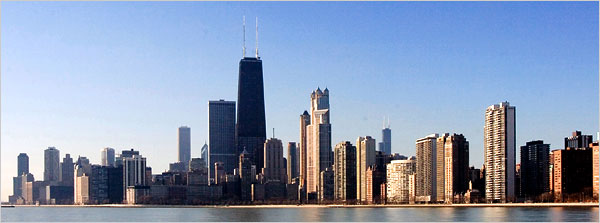
From James Blitz, the Financial Times: Anders Fogh Rasmussen, Nato’s secretary-general, wants to tackle waning defence capability head on. In a speech last week he set out a programme for what he calls “Smart Defence”. . . .
Mr Fogh Rasmussen’s idea is eminently sensible. But early signs are that he will find it hard to get Nato nations to produce serious examples of defence co-operation between now and Nato’s Chicago summit next summer. There are three reasons for this.
First, getting government leaders to focus on enhanced defence collaboration right now is not easy.
For western governments the big issue is the crisis of the euro and the global economy. “Leaders don’t want to make politically challenging decisions about sharing defence equipment right now,” says one British diplomat. . . .
Second, governments only share defence capabilities if they can trust one another to deploy them when needed. After Libya that trust is in short supply. Britain and France, the two main protagonists in the mission, are deepening strategic collaboration. But Germany and Poland angered allies by staying out of the Libya mission. French and British defence chiefs wonder how they can possibly commit themselves to sharing capabilities with the Germans.
Above all, many governments do not want to relinquish the grip they have on their own military-industrial complex. As Tomas Valasek of the Centre for European Reform puts it: “Many governments would rather have autonomous and useless militaries than integrated and capable ones. They want their own armed forces and their own defence industrial base. That made sense when their militaries were large, but makes no sense any more because they can only deploy small numbers of troops.”
In short, the prospects for Nato collaboration look grim. Mr Valasek believes that the US is set to withdraw up to half its 80,000 troops from European soil. Christian Moelling of the German Institute for International and Security Affairs, says the decline in research and technology spending means Europe will be a “technological wasteland by the end of this decade”. The headlines warn that Europe’s economic future is in doubt. But there should be deep gloom, too, about Europe’s waning ability to defend itself. (photo: New York Times)
Image: nyt%206%2021%2011%20Chicago%20skyline.jpg
